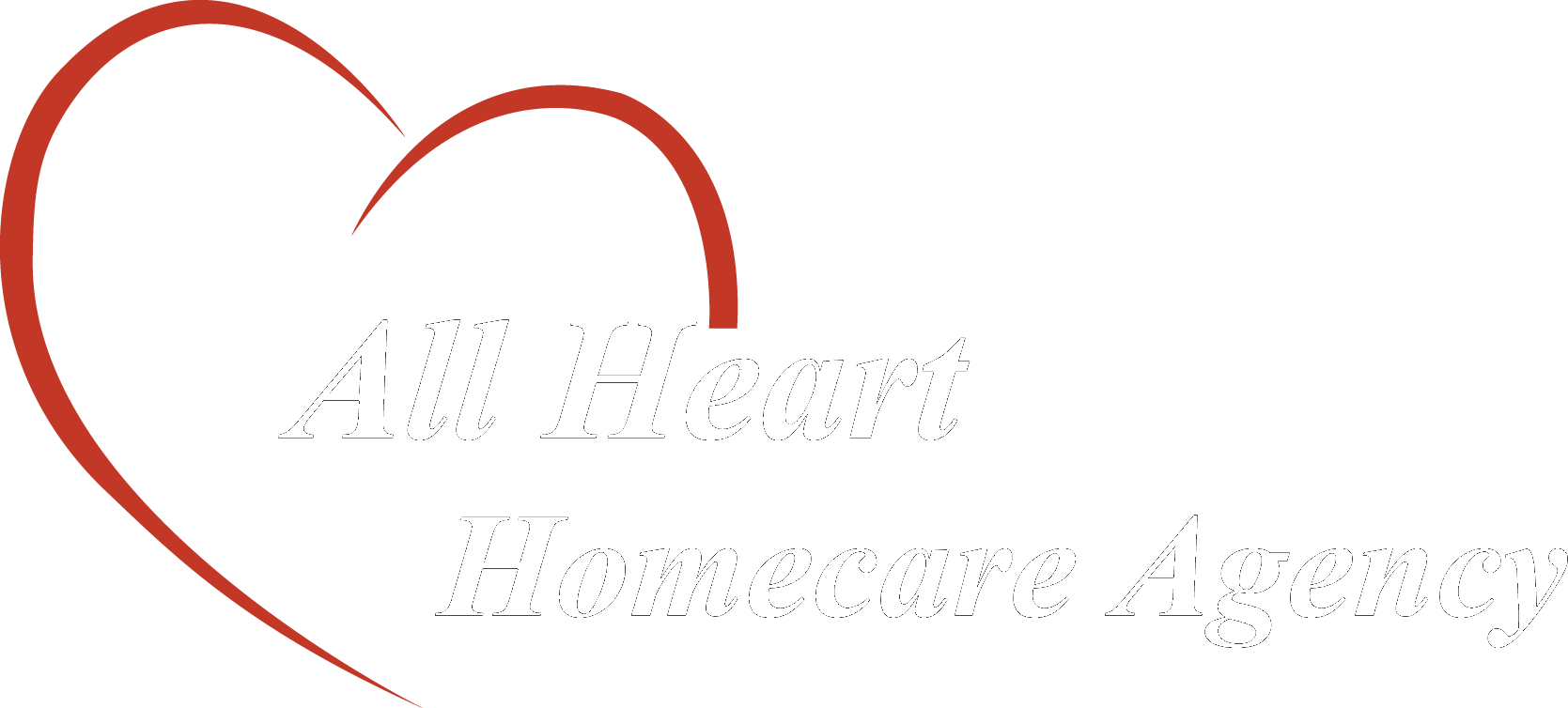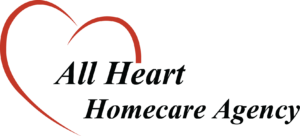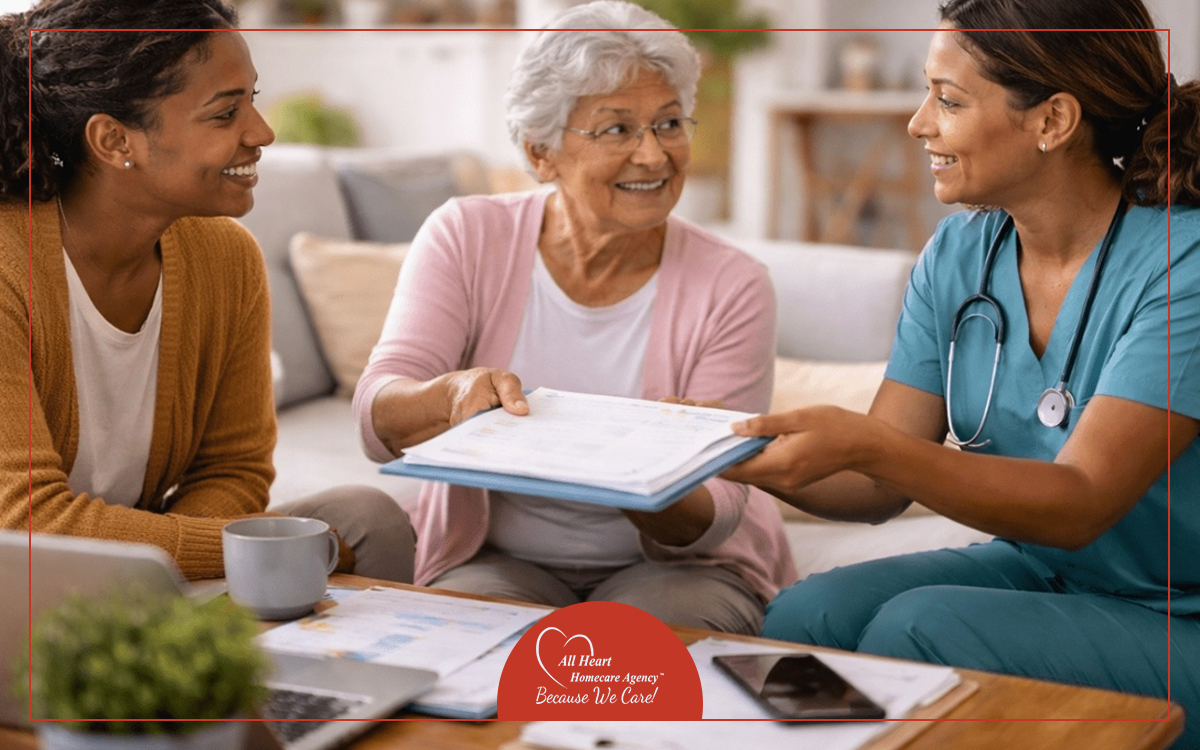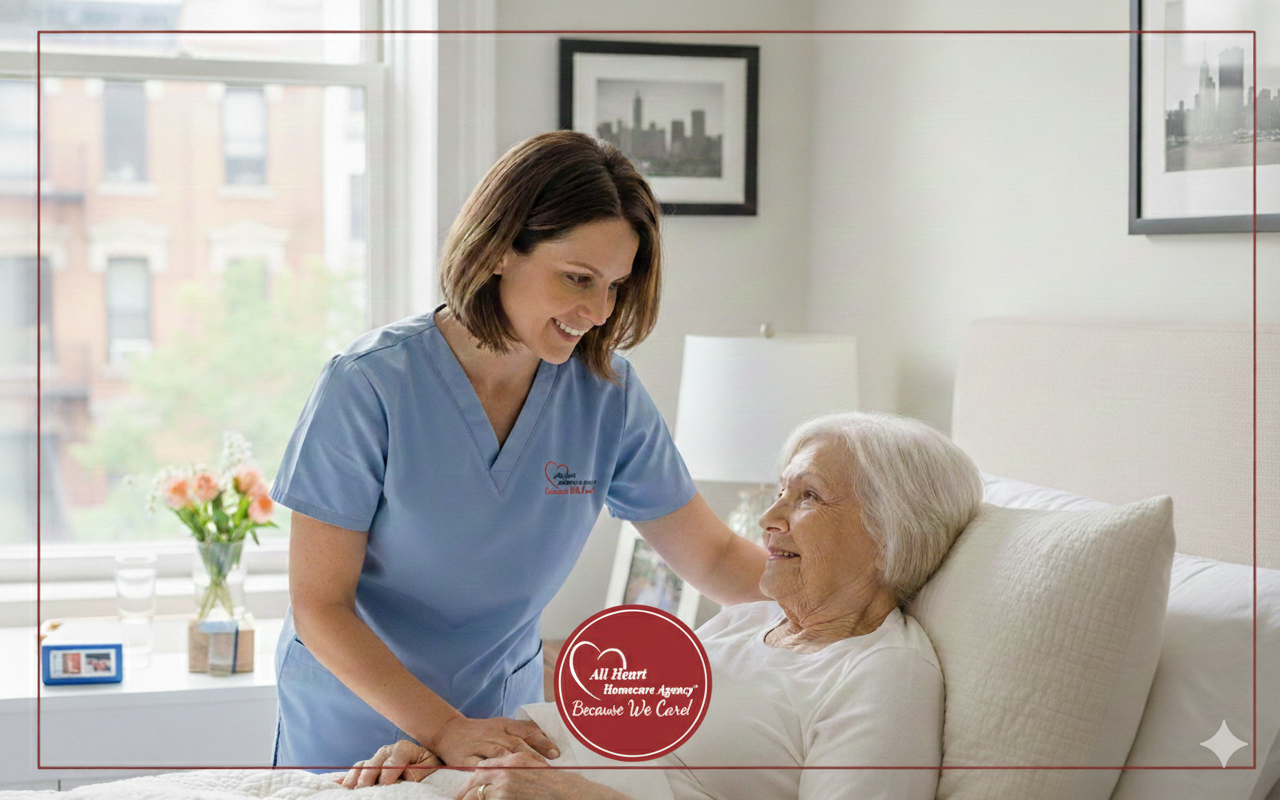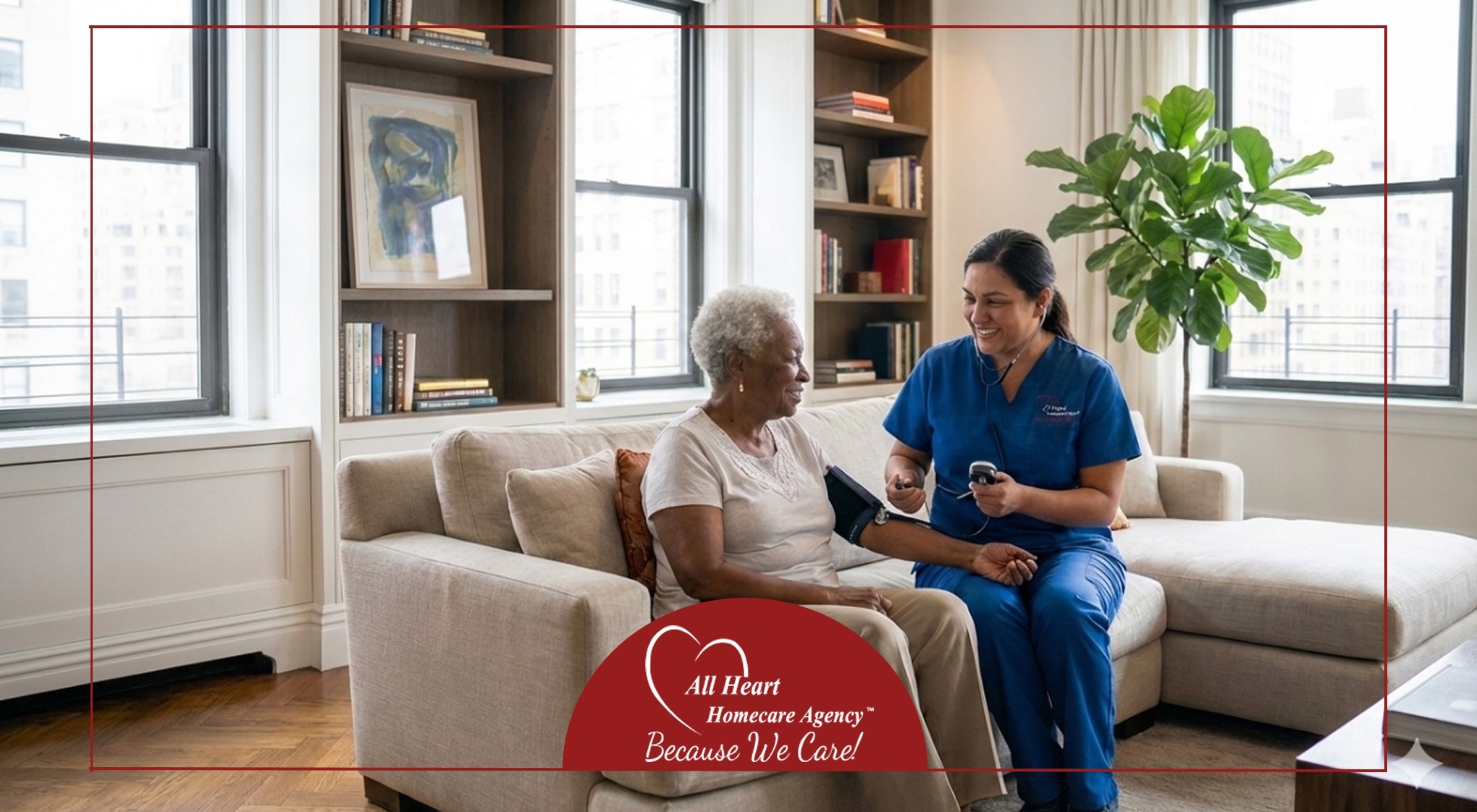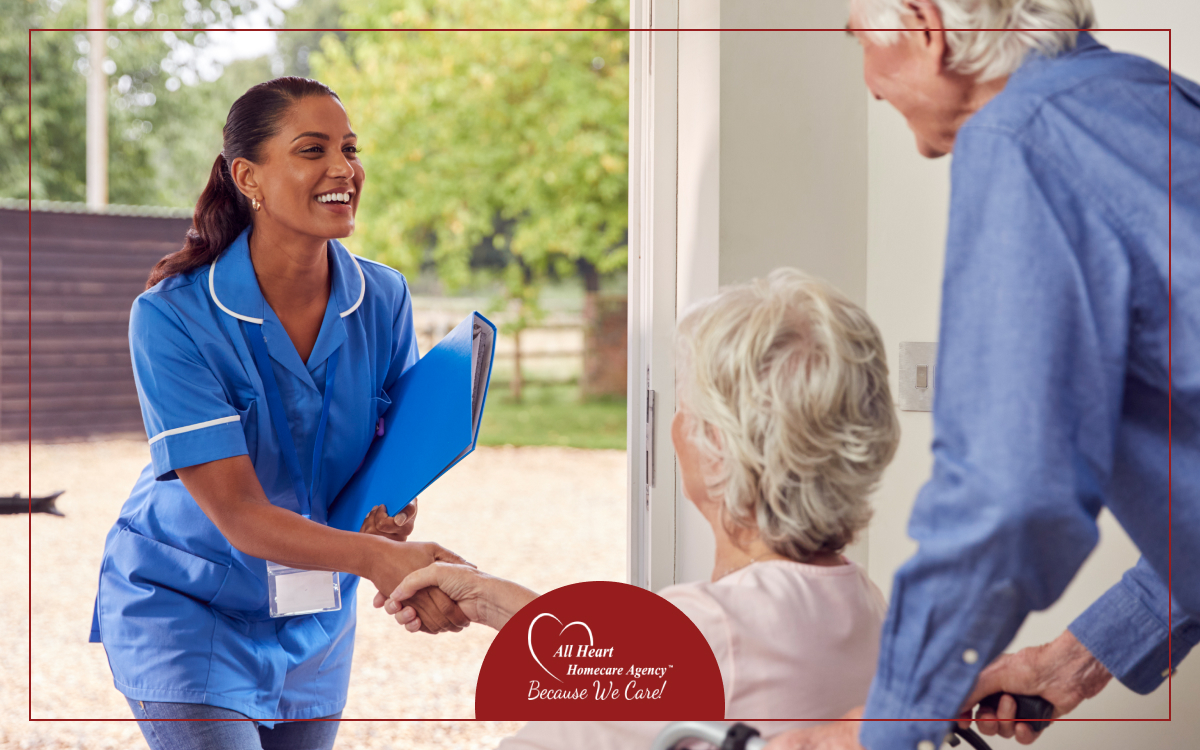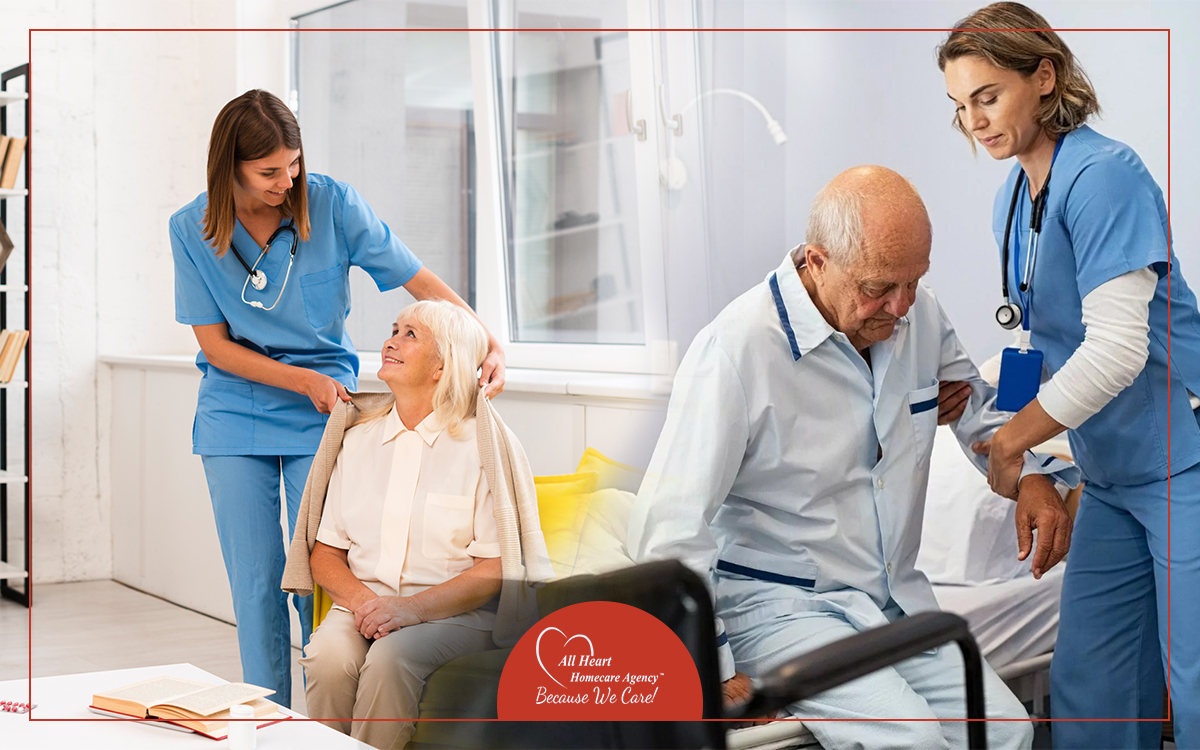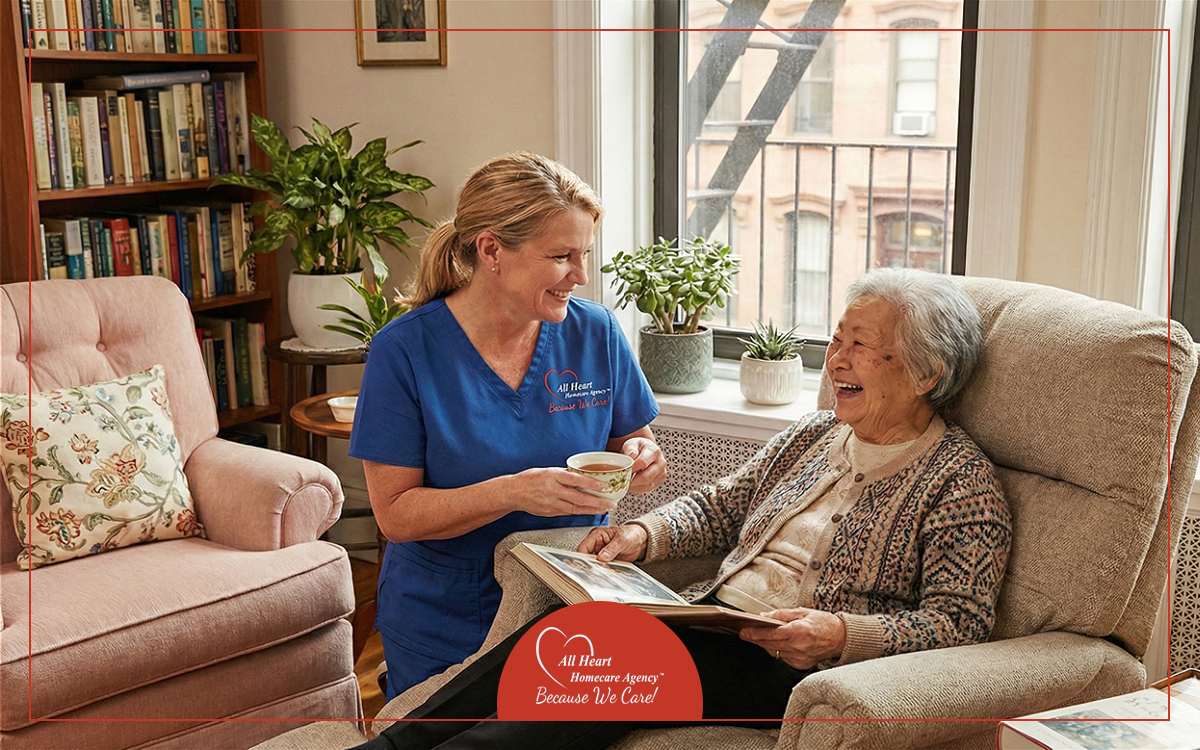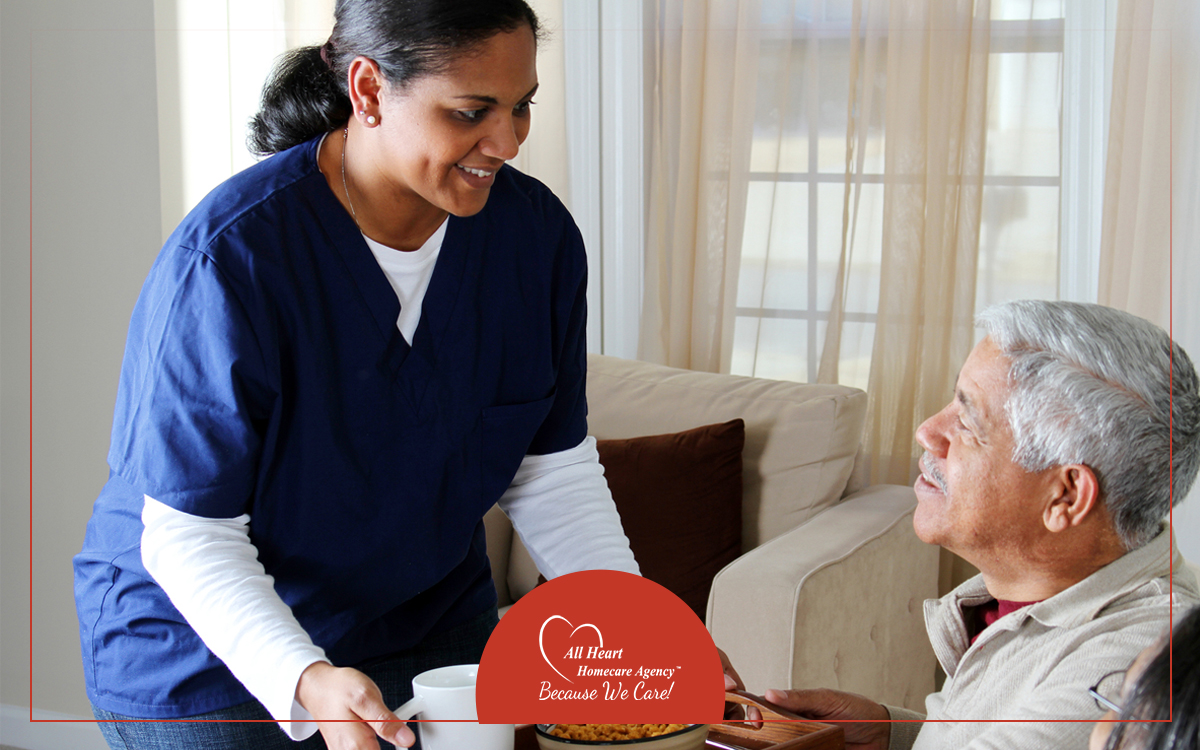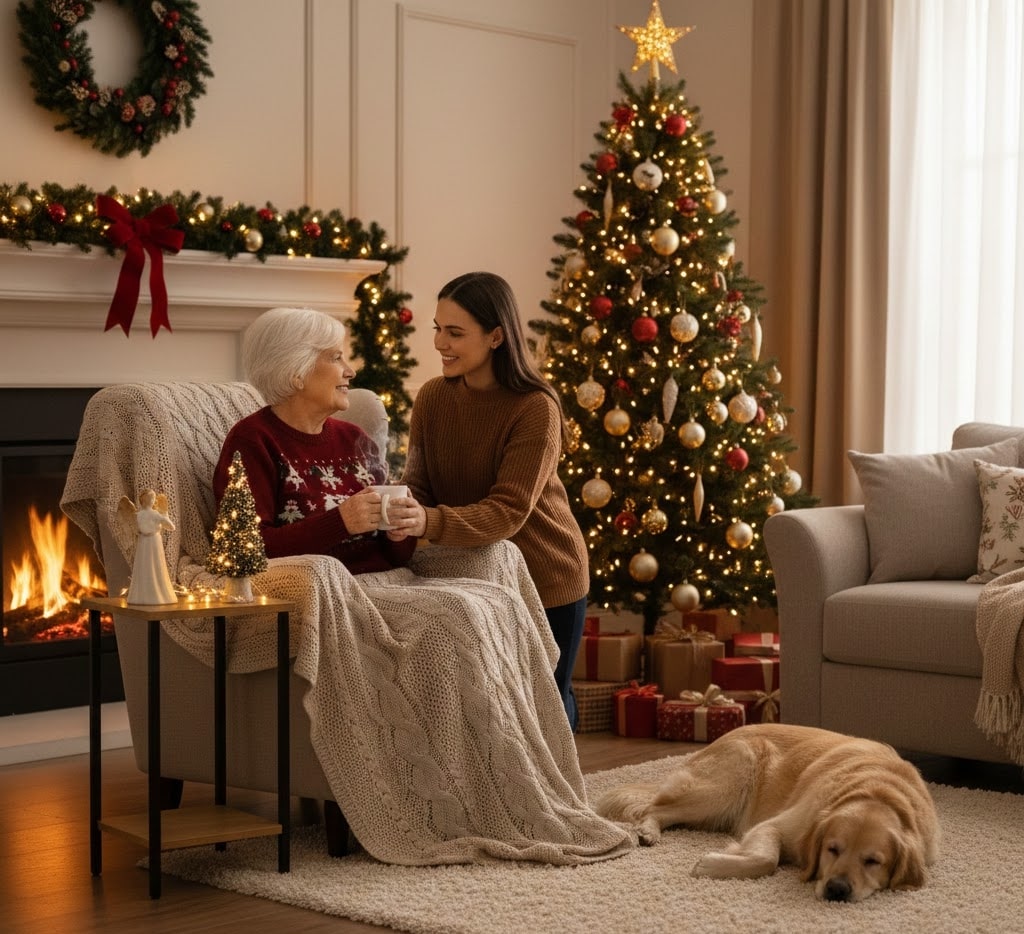March 14–20, we celebrate “Patient Safety Awareness Week” which is a landmark event for both caregivers and patients. The fact is that ensuring the safety of customers is one of the critical parameters of providing quality home care.
At first glance, a home environment is a safe place where an older adult can regain health and independence. However, if a caregiver neglects basic patient safety rules, then this can lead to dire consequences. Therefore, if you are working as a caregiver, pay attention to the treatment plan and always prioritize safety measures.
Today, there are a fair number of safety measures that can be used by Home Health Aides (HHAs). Let’s dwell on a few of the most important nuances that will come in handy for a novice caregiver.
Falls Prevention
Falling is one of the most common causes of injury an older person can experience at home. The number of falls has approached the mark of 2 million cases per year. Therefore, knowing how to prevent the risk of falling is crucial information for HHAs.
Home care experts recommend examining all parts of the home to determine which area could put a patient at risk. Experienced caregivers also point out that the kitchen and bath are the most dangerous places. A fall may happen due to slippery floors, spills, pieces of furniture, and so on. Below are some tips on how to keep these rooms safe.
Tips for a safe kitchen:
- Make sure sharp knives and glassware are stored in a safe box.
- Keep most commonly used kitchen items accessible so that an older person does not have to use a chair to reach them.
- Remove all cleaning products or flammable liquids from the kitchen and store them in closed cabinets.
Tips for a safe bathroom:
- Buy non-slip rubber mats and place them in the bathroom or shower floor.
- Keep medicines in a safe and easily accessible place if an older adult has to take them independently.
- Inform family members of they need to install a grab bar near the toilet and shower. This is a necessary step, mostly if a caregiver cares for a loved one who may have trouble standing up or sitting down.
Caregiver Must Act as a Direct Link Between Seniors and Their Physicians
It often happens that a caregiver should look after a patient and make notes about possible changes in the state of health. If your patient intermittently experiences abnormal pain, dizziness, or high blood pressure, you should act as a coupling agent between a patient and a doctor.
Recording irregular symptoms as well as taking timely actions are essential components of client safety. Communicating with a healthcare provider on behalf of a patient can help prevent possible injury, ill health, or hospitalization.
Take Care of Medication Management
According to official figures, nearly 70% of Americans take at least one prescription drug. These data suggest that drug control is an essential component for the health safety of the elderly. It won’t hurt you to inform a client and family members about the medication’s possible side effects. This is necessary so that the person understands whether the impact of taking medicine is positive or negative.
All Heart Homecare Agency staff is dedicated to keeping seniors safe in their homes. We assist people’s efforts to regain optimal health and independence. Currently, our agency, with 98% positive reviews on Google Maps, offers a wide range of home care services, including:
- Personal care.
- Light housekeeping.
- Companionship.
- Meal preparation.
- Running errands.
- Grocery shopping.
- Help with doing laundry.
- Medication reminders.
- Appointment assistance.
- Safety supervision.
If your loved one needs to benefit from one of these services, Call Us today at 888-388-8989 to discuss the application process and other nuances.
